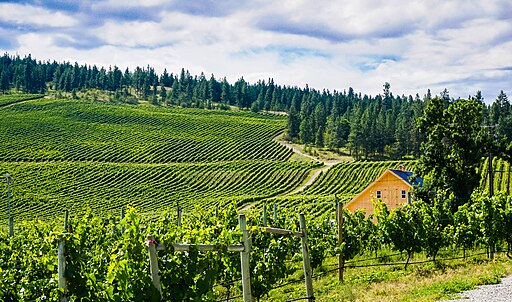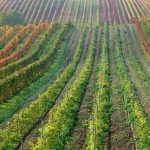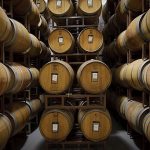Sage Hills Vineyard Estate (Summerland, BC): A Blend of Luxury, Sustainability & Wine

There’s a standout property in Summerland, British Columbia, known as Sage Hills Estate Winery & Vineyards, that’s caught attention—not just for its wine, but for its breathtaking location, environmental credentials, and lifestyle appeal. Overlooking Okanagan Lake, this estate combines high-end living with sustainable winemaking and a true boutique winery setting.
What Makes Sage Hills Estate Special
- Estate & Vineyard Details: The winery is planted on about 10 organic acres, with slope and east-facing vineyards more suited to cooler climates. Grapes under vine include Pinot Noir, Gewürztraminer, and Pinot Gris. Late-ripening varieties are also brought in from partner vineyards to complement the cooler climate production. Sage Hills Wine+1
- Sustainable Practices: From day one, Sage Hills has been committed to organic viticulture—no synthetic chemicals, reliance on plant- or mineral-based preventative sprays, use of native plants to support biodiversity, and more. They’re Salmon-Safe certified. Scout Magazine+1
- Winemaking Philosophy: Small-lot, hand-harvested, natural yeast fermentations, limited addition of sulphur only where needed—and always disclosed. Production is modest (about 1,500-2,200 cases/year), and the winery offers wines ranging from crisp whites and sparkling to concentrated reds, skin-contact/orange wines, and even fortified styles. Sage Hills Wine+1
- Residence & View: The estate includes a modern residence and tasting room with sweeping views of Lake Okanagan. The setting provides both the comforts of high-end living and winery operation. Yahoo Style+1
Why This Matters to Wine Lovers & Buyers
- Lifestyle + Vineyard Ownership Hybrid: For someone who wants not only to enjoy wine but to own a piece of the wine country lifestyle—in a property that’s both beautiful and productive—Sage Hills offers an attractive balance.
- Prioritizing Sustainability: Given growing interest in environmentally responsible wine, estates like Sage Hills that emphasize organic farming, natural winemaking, wildlife habitat, low chemical usage and renewable energy are increasingly prized.
- Quality Over Quantity: Their limited production, hands-on winemaking, and mindful vineyard practices generally translate into wines with distinct character—often more compelling to enthusiasts and collectors than mass-produced labels.
- Scenic & Market Appeal: It’s not just about wine—properties with lake views, modern amenities, and prestige (organic + certification) tend to have good real estate draw. Plus, such estates help elevate the profile of their wine region—in this case, Summerland & the larger Okanagan Valley.
Things to Consider
- Scale: As a small-lot winery, some wines may be hard to find outside of the local market; distribution may be limited.
- Climate Challenges: Cooler vineyard sites bring risk (frost, shorter growing season). They offset some of this via vineyard orientation and sourcing late-ripening grapes, but it’s always a factor in cooler climates.
- Operational Investment: Luxury estates with vineyard & winery components require significant upkeep—vineyard labor, infrastructure, tasting rooms, compliance for organic & environmental certifications, etc.
Our Take & Recommendations
If I were advising a buyer or planning a visit, these are some of the first bottles & experiences I’d lean into:
- Taste the Pinot Noir and Gewürztraminer from the estate vineyard—those should showcase the local terroir beautifully, especially given how consciously the land is farmed.
- Try a sparkling or skin-contact wine if available—it shows what the winemaker can do when pushing style boundaries.
- Visit the tasting room & property—seeing the views, vineyard slope, lake exposure really matters.
Full story: The Robb Repoort
 Previous Post
Previous Post Next Post
Next Post